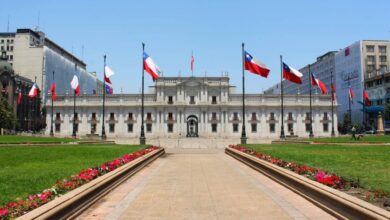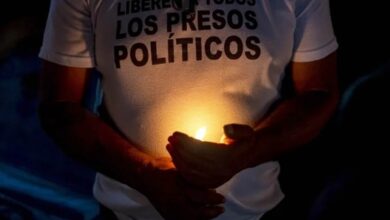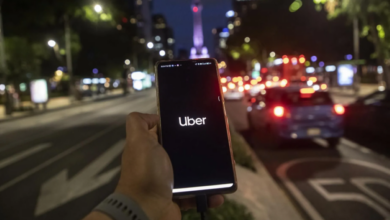Venezuela: New judges assigned to the Supreme Court
The opposition, with this action, has created a parallel court despite various warnings from the government

The Assembly, controlled by the opposition in Venezuela, has designated new judges. This change was announced after the plebiscite in which individuals voted if they were against or in favor of structural changes made by Maduro’s administration, including his plans for a Constituent Assembly. In total, 33 new magistrates have been appointed since the current judges were chosen irregularly one month before the opposition took control of the assembly.
The designation of the judges in 2015 has been under review not only by the assembly, but also by the general attorney of the Republic, Luisa Ortega Diaz, who has shown concern about the decision to designate new magistrates and create a parallel structure of justice. The president of the Constitutional Court has asked the police and the military to execute coercive action against the assembly and the new judges for going against constitutional order. The same court stated that the new individuals could face judicial consequences if they accept the designation.
This situation comes one day after the opposition enticed a strike against the government of Nicolas Maduro. Clashes between police and protesters killed at least three people, one in Caracas and the other two in the city of Valencia, and more than 300 injured. For the administration, the riots were minimal. On the other hand, the opposition affirmed that almost 85% of the country joined the strike; protesters barricaded roads in the capital.
It has been nearly four months of protests where even the international community has asked the government to drop its plans for the Constituent Assembly, but Maduro has rejected said pleads. The Venezuelan president sees the assembly as an opportunity to create dialogue in said country which shows levels of polarization. For the opposition, the assembly is just another trick to hold onto the power and to shield the actual government and its individuals.
While the political polarization becomes more and more deeply rooted, the country is facing a critical economic crisis in which there is shortage of food and medicine. The days pass by and there is no real solution. A group of experts in constitutional law from Carabobo’s University see the new parallel structure of judges as an irresponsible action that will enforce the calamity and the confrontations.
Latin American Post | Carlos Eduardo Gómez Avella
Copy edited by Susana Cicchetto





